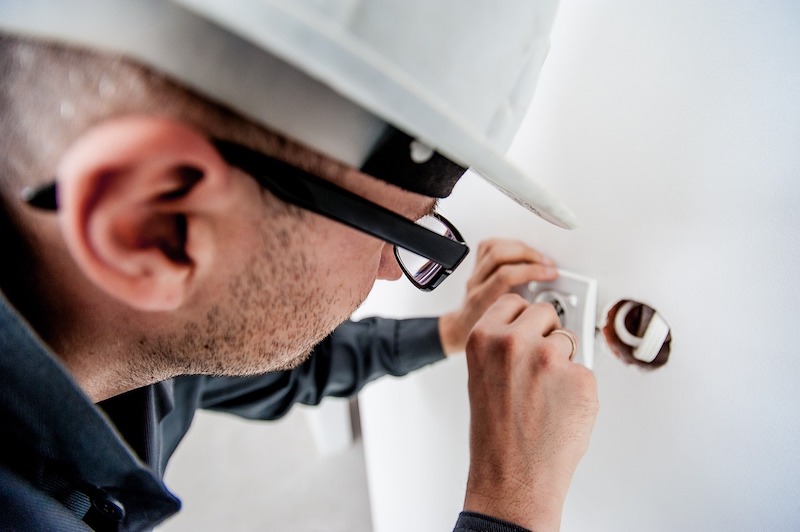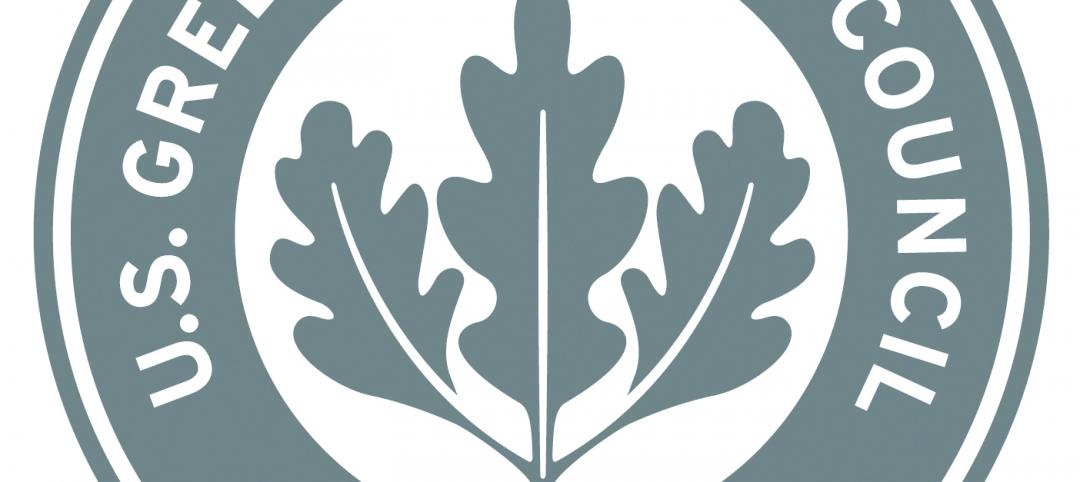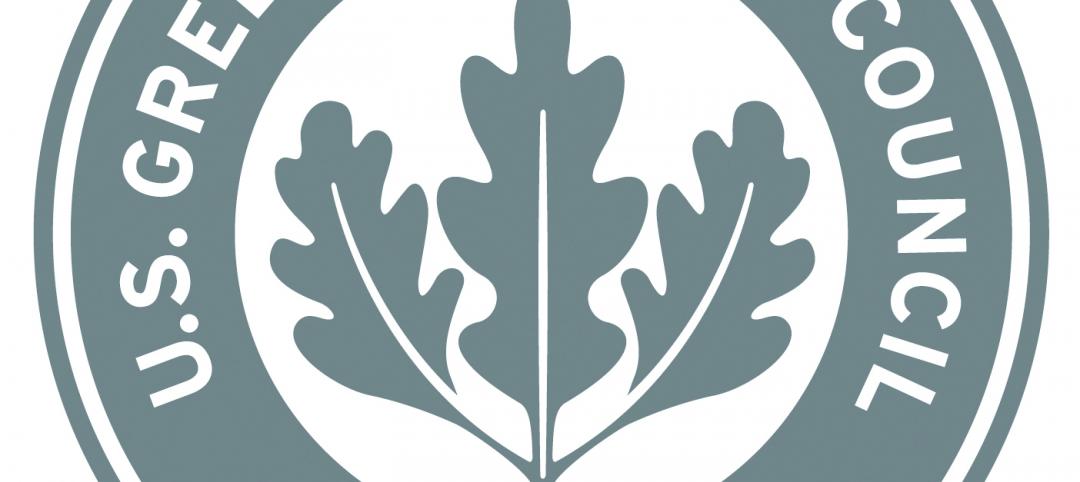A new report and infographic released by the Southwest Energy Efficiency Project (SWEEP) provides guidance for local governments on policy options and pathways to electrify new buildings.
The report, “Building Electrification: How Cities and Counties are Implementing Electrification Policies – with Adoptable Code Language,” provides insight to encourage more all-electric buildings. Such structures would eliminate natural gas and propane-fueled appliances and equipment as options.
This strategy is a way to improve energy efficiency, indoor air quality, and climate emissions in the built environment. It is a key to meeting climate and public health goals, according to a SWEEP press release.
“With the electric grid increasingly powered by renewables such as solar and wind, and with advanced technologies like heat pumps and induction stoves now widely available, most experts agree this is the quickest way to zero-carbon buildings,” the release says.
The report offers “the full spectrum of electrification policies they could adopt, along with examples of similar communities that have already gone down this path,” said Jim Meyers, SWEEP buildings program director and author of the report. “Going a step further, we’re providing code language that local governments can adopt directly into their building codes.”
Related Stories
| Mar 8, 2012
Federal silica dust rule caught in bureaucratic limbo
A federal rule meant to protect the lungs of workers has been caught in bureaucratic purgatory for more than a year.
| Mar 8, 2012
New LEED-EBOM rating has requirements for specific project types
Several key changes are proposed for the LEED-EBOM Rating System in 2012.
| Mar 8, 2012
Green buildings more resilient than conventionally built structures
A new study by the U.S. Green Building Council (USGBC) and the University of Michigan’s Taubman College of Architecture and Urban Planning suggests that structures built to green standards can advance building resiliency.
| Mar 1, 2012
LEED Platinum standard likely to mean net-zero energy by 2018
As LEED standards continue to rise, the top level, LEED Platinum, will likely mean net-zero energy construction by 2018.
| Mar 1, 2012
EPA beefs up stormwater discharge rule from construction projects
The U.S. Environmental Protection Agency (EPA) has now finalized its 2012 construction general permit (CGP) that authorizes stormwater discharges from construction projects that disturb one or more acres of land in the areas where EPA is the permitting authority.
| Mar 1, 2012
Regulators investigate structural failures during construction of two Ohio casinos
Regulators with the Occupational Safety & Health Administration and the city of Cincinnati are investigatingthe collapse of the second floor of Cincinnati's Horseshoe Casino as workers were pouring concrete.
| Mar 1, 2012
Is your project too small for LEED? Consider other green standards
There are many other recognized national, state and local programs that offer a variety of best management practices and sustainable design, construction and operating strategies.
| Mar 1, 2012
California bill aims to cut costs for commercial building energy retrofits
A bill in the California Assembly would allow the state to pool together property owners’ energy-retrofit loans.
| Feb 29, 2012
Carvalho appointed Shawmut Safety Director
He has been a driving force behind multiple safety-orientated initiatives at Shawmut, including Safety Week, the creation of an online safety manual, and the implementation of a new safety reporting and tracking system.
















